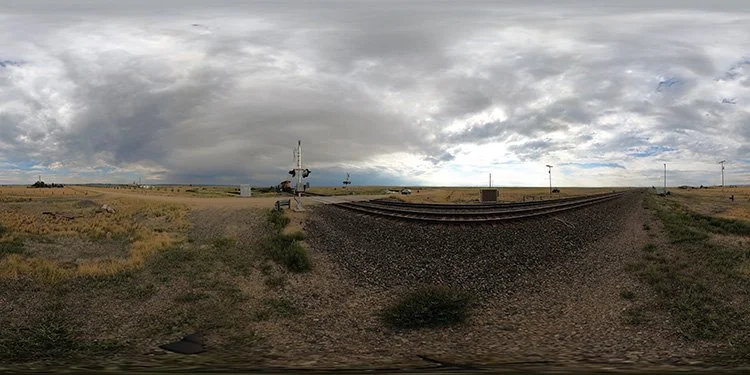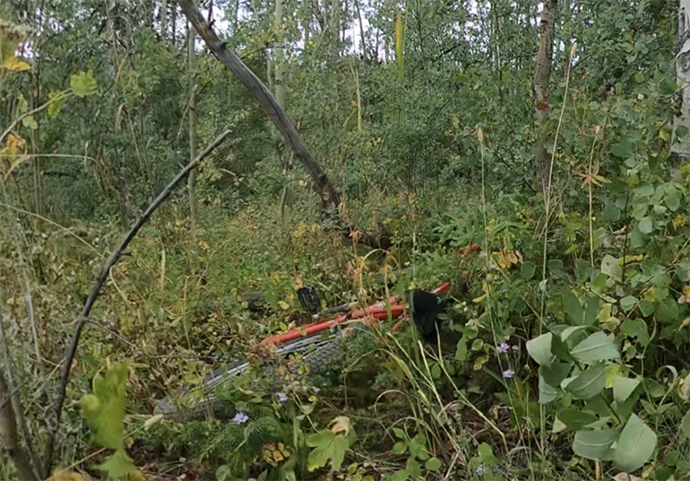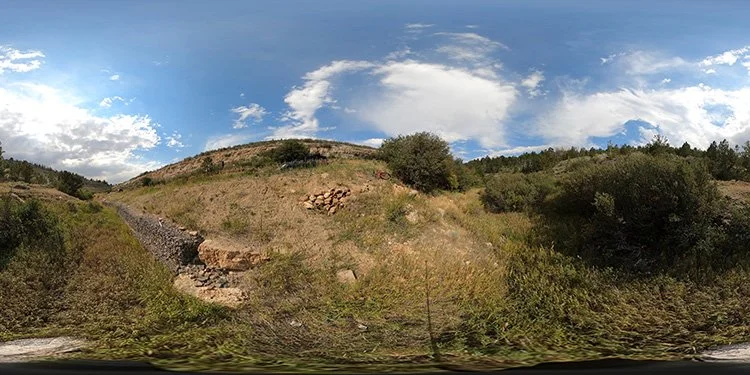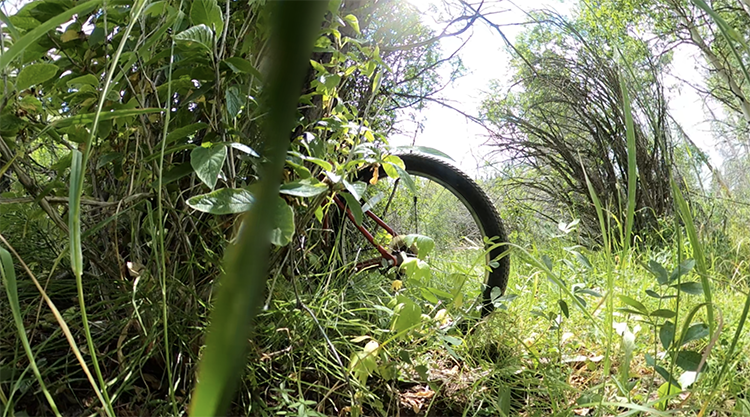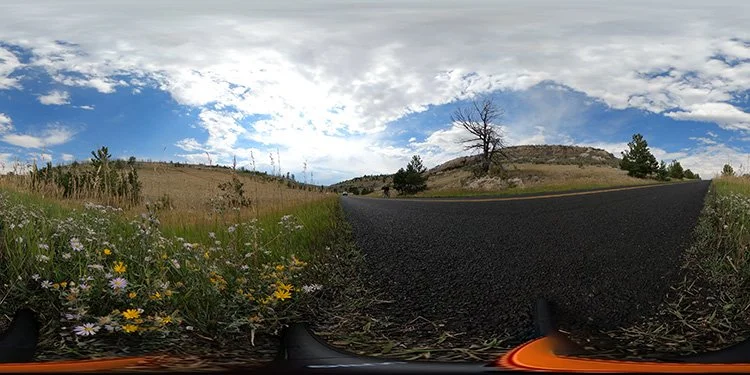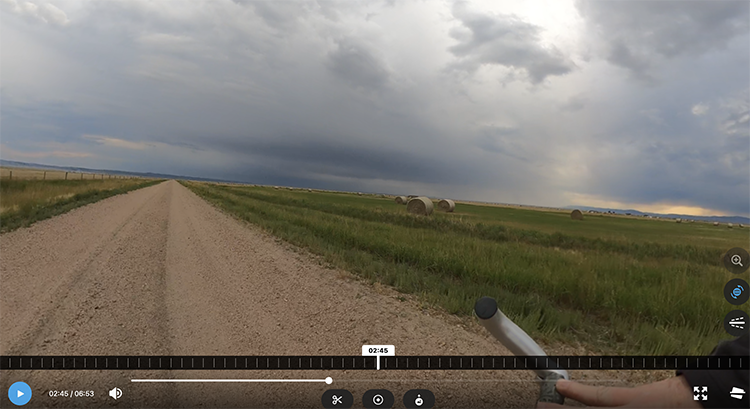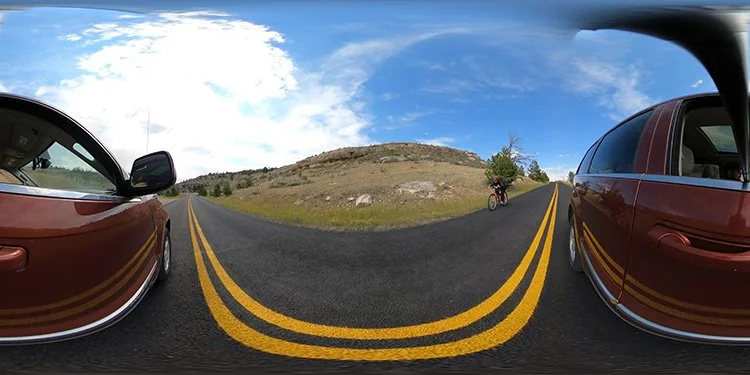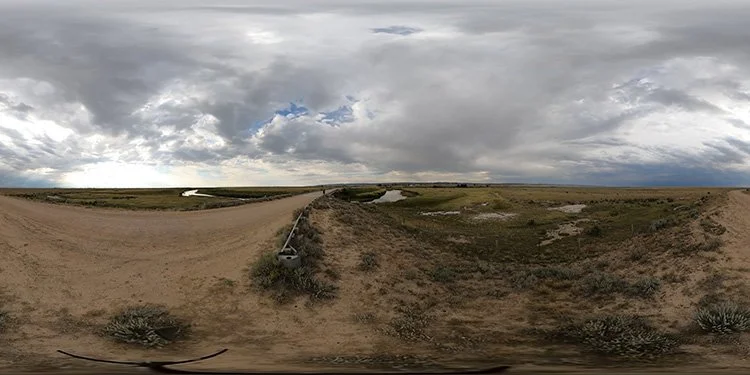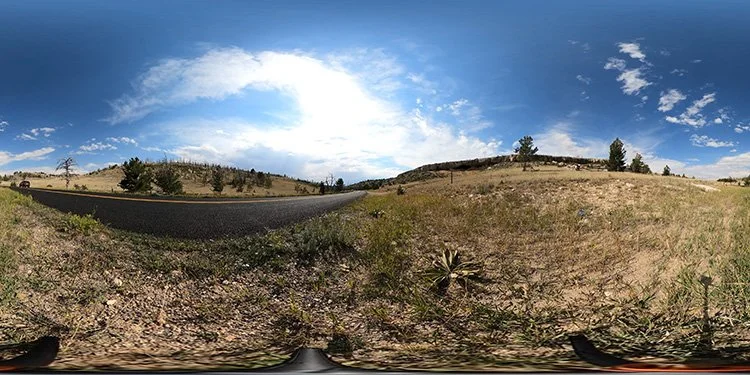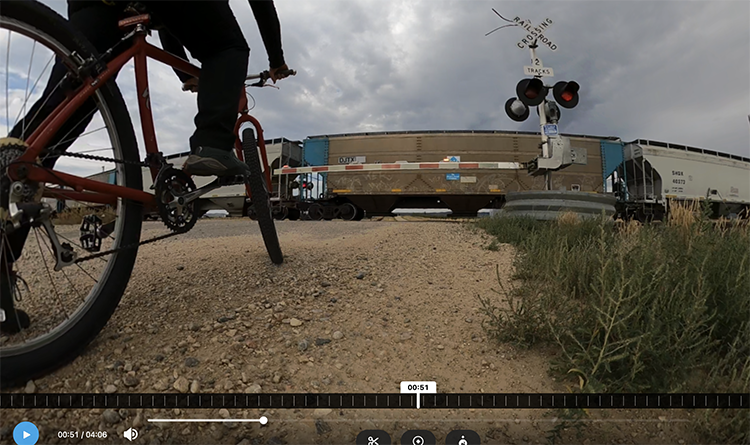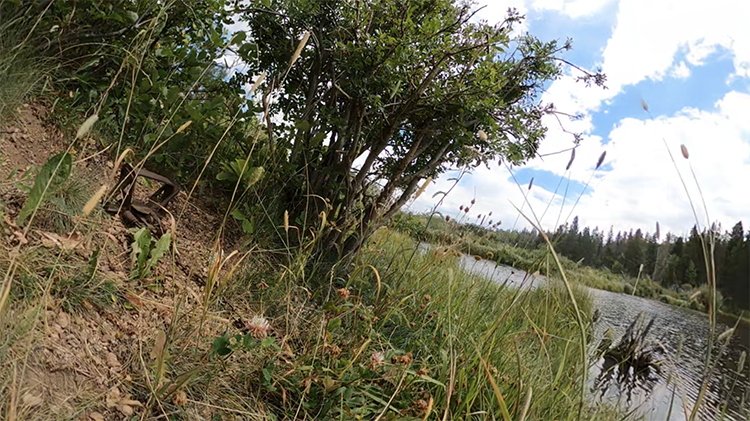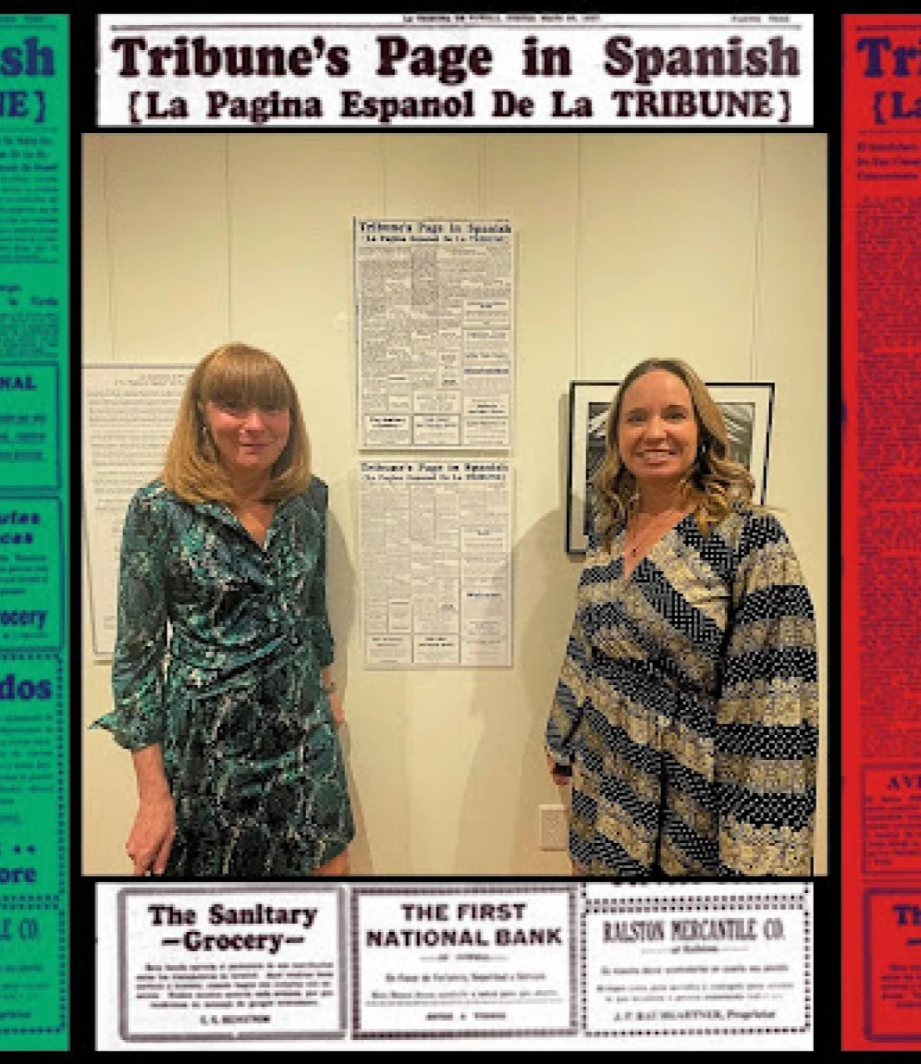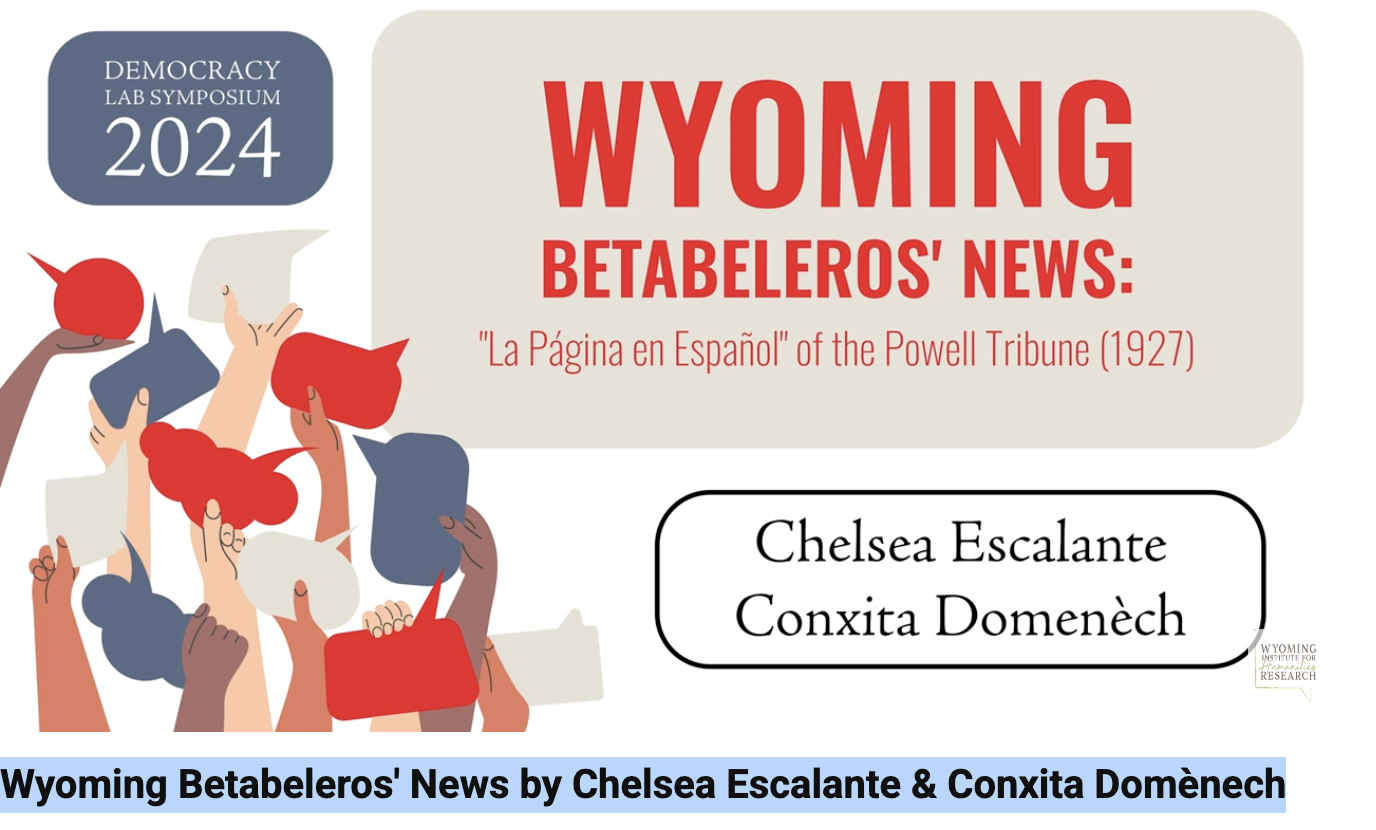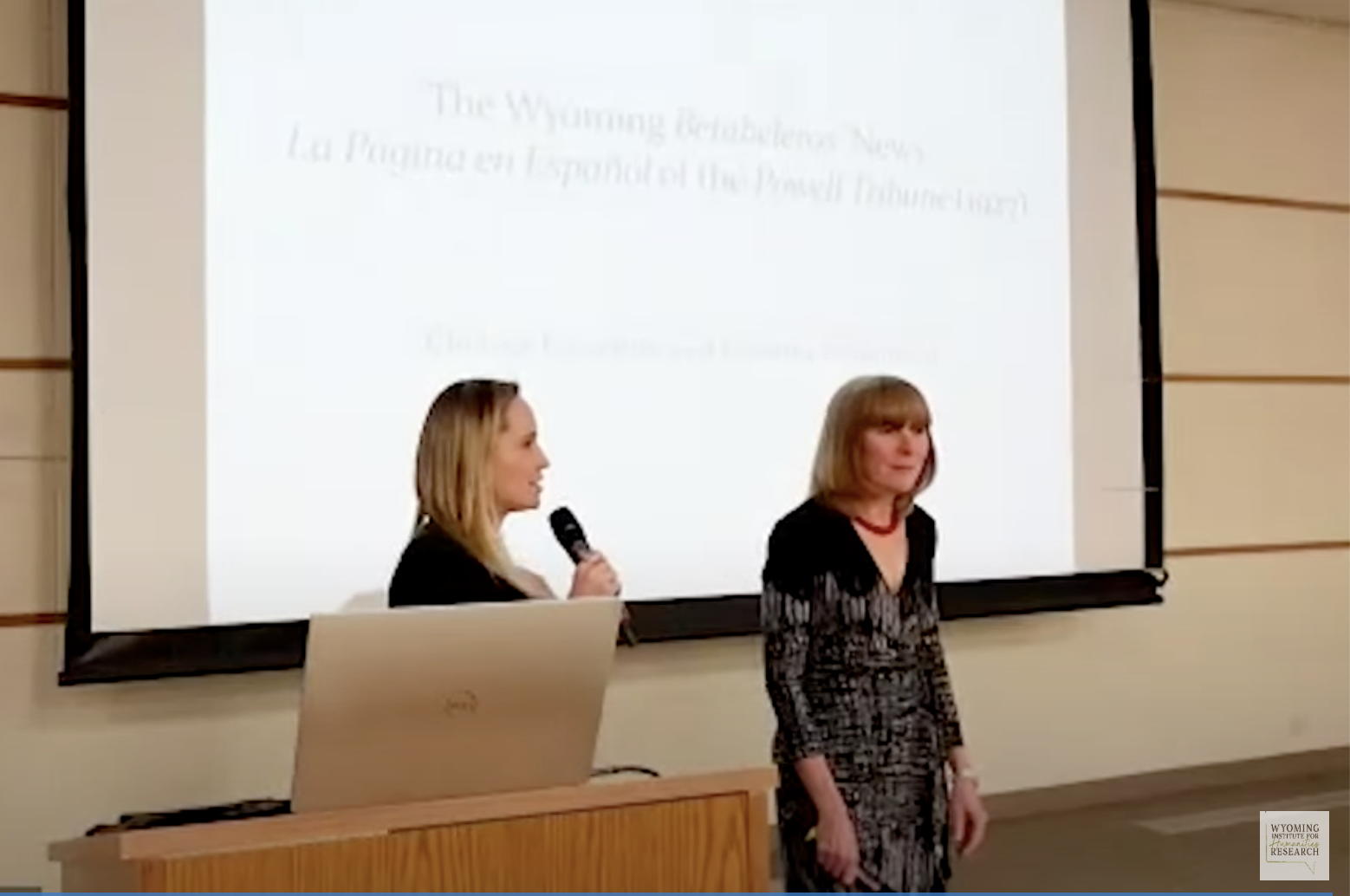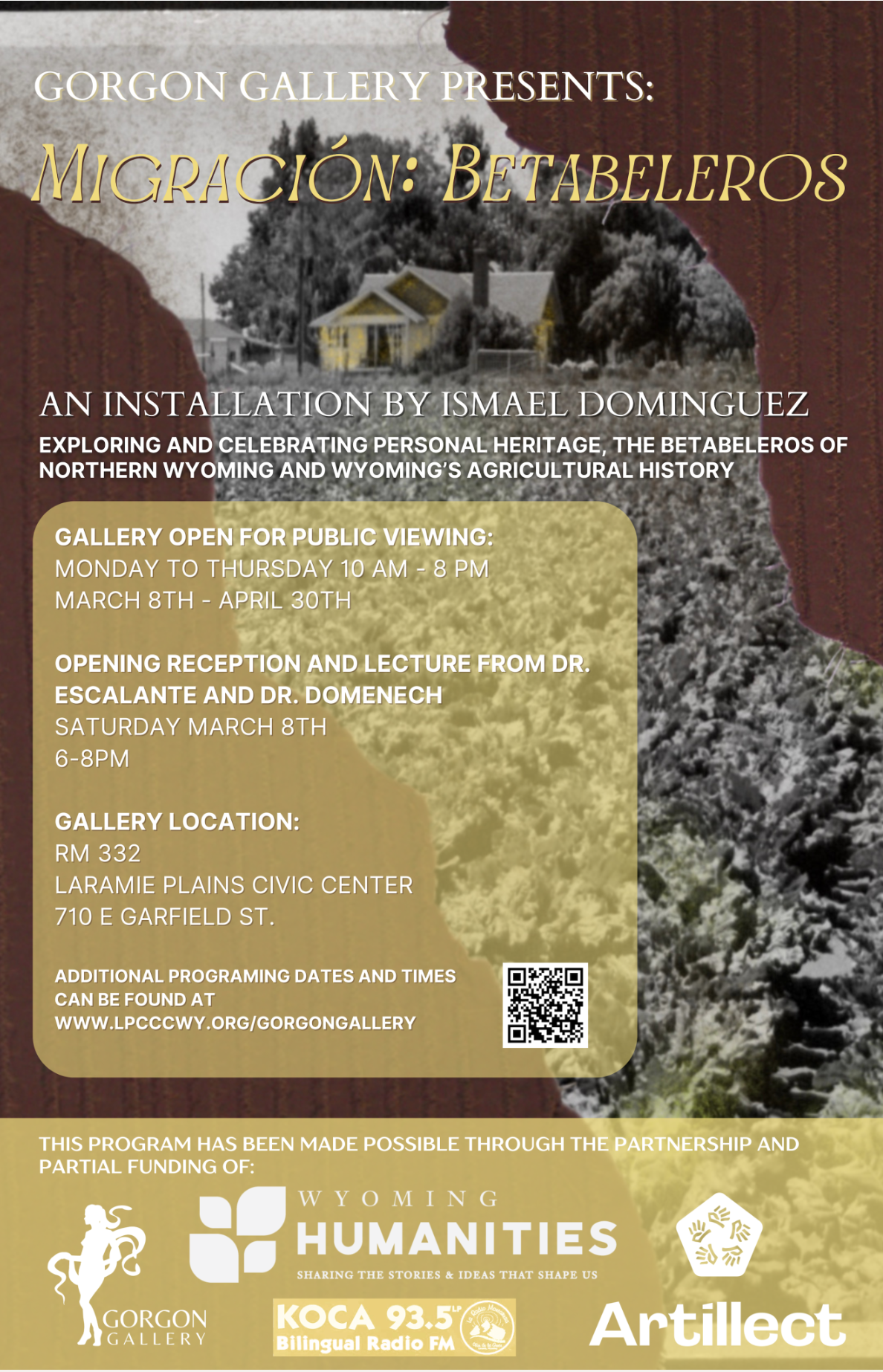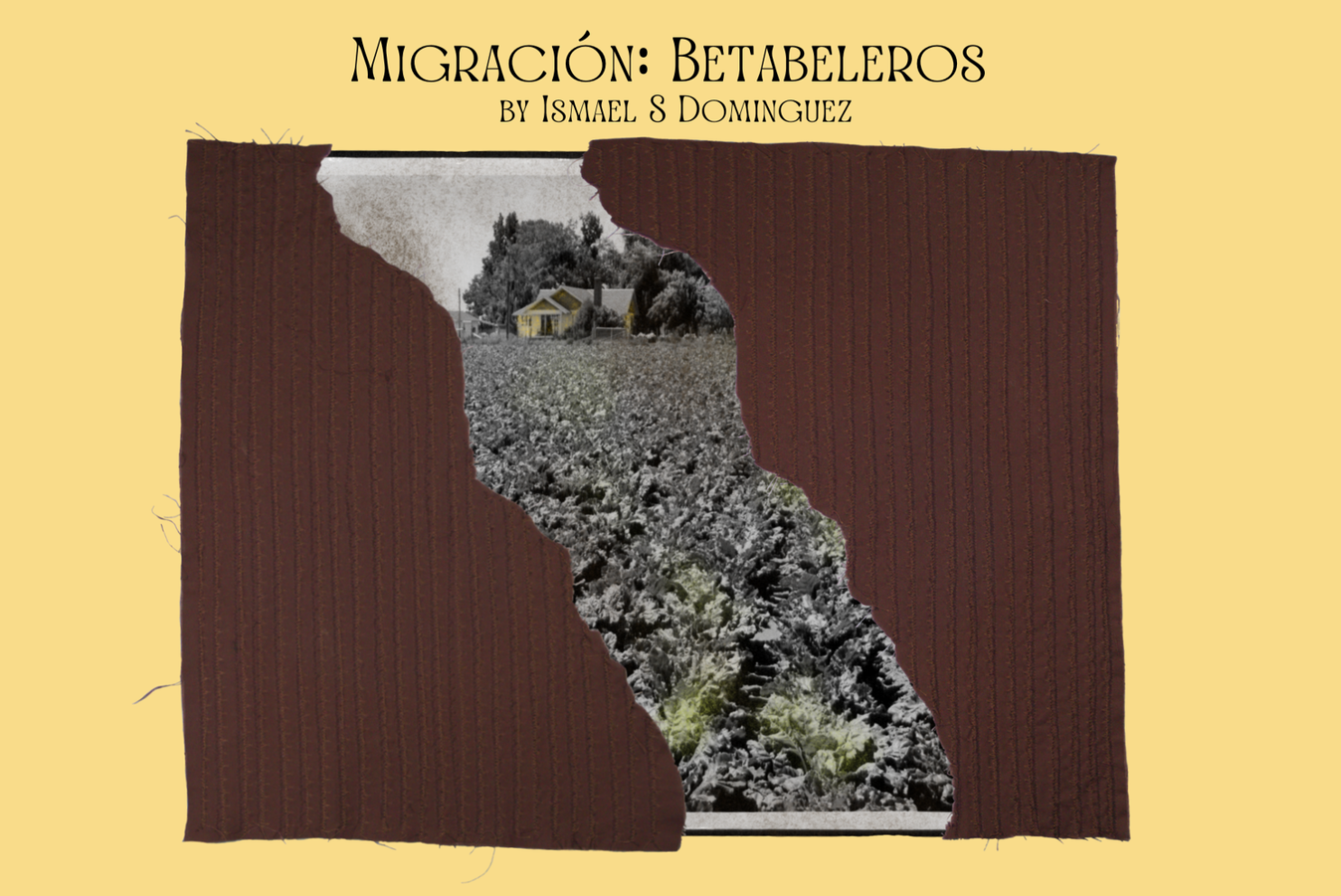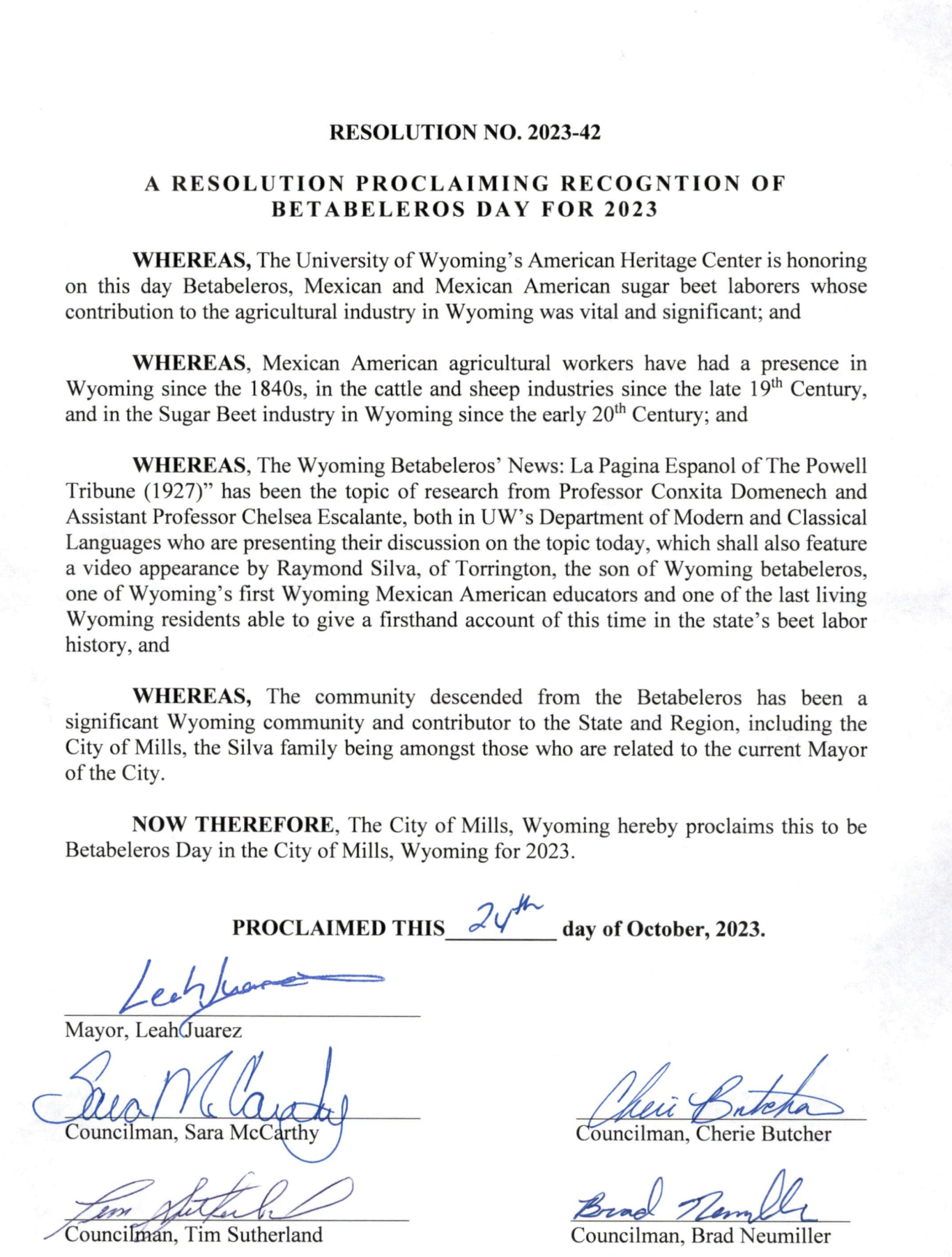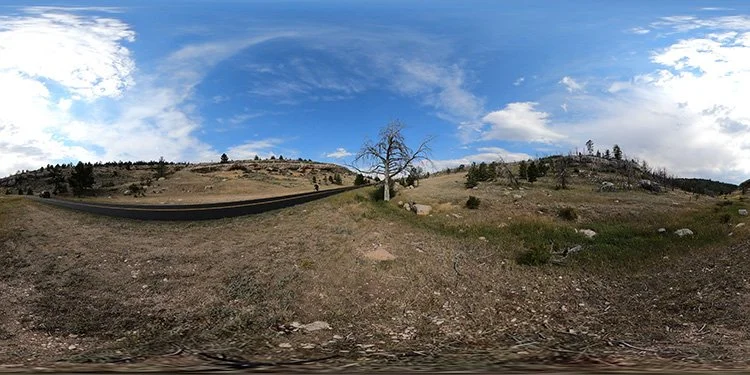Featured Projects
This featured project page shares additional in-depth information about important humanities efforts happening around the University of Wyoming and the broader state. The “Re-Storying the West” team has been privileged to witness and sometimes partner with these talented leaders, artists, and thinkers. Learning from them and through their work demonstrates the kinds of complicated questions that public humanities can collaboratively work to address.
Robbie’s House
Matthew Greenberg
Assistant Professor of Theatre Performance
Department of Theatre & Dance
Play Premiered at the Neltje Center
May 14, 2025
What happens to a family and a community following an incident of police violence? Robbie’s house shares a mother’s quest for justice and how she continues to support the police while amid grief, love, and loyalty.
-
From Matthew Greenberg: Compiled from verbatim interview text from Debra Hinkel, Robbie's House recounts the 2018 police-involved shooting of Debra's son, Robbie Ramirez, a disabled, Latinx, community member living in Laramie, Wyoming. As a playwright, I am consistently working to bridge the gap that forms as we remember people after they are no longer alive. I believe the ritualistic traditions from theatre-making offer us some paths helpful in that process.
Debra's story is complex, raw, and real—much like what it means to be a human being. We often are finding ourselves in the political polarities of “pro-cop” or “anti-cop” movements, and Debra's point of view lies some where in between, in the grey areas. I think that location is much more rewarding to investigate. It's a common place for many folks, yet we don't create spaces for bringing community together to remember or commemorate. We also should be discussing how to hold our community accountable so Robbie's story and its outcome don't affect other families.
The play premiered at the Neltje Center for Excellence and Creativity in the Arts on May 14th, 2025. The cast was led by Broadway and Hollywood actor, Henny Russell as Debra HInkel. The creative team was comprised of University of Wyoming faculty, students, and administrators. Amy Chaffee, Hollywood director, served as the reading's stage director. A community gathering was held at the Neltje Center before the play reading for audience members to build community with each other, unpack disenfranchised grief, and imamgine ways to create a safer Wyoming. The afternoon event was attended by Wyoming legislators, Laramie residents, University of Wyoming students, faculty, staff, and administrators, artists, Sheridan community members, and storytellers from across the state.
-
Matthew Greenberg is an Assistant Professor in the Department of Theatre and Dance, specializing in musical theatre, voice, speech, and acting. He has previously held teaching appointments at West Virginia University, The Ohio State University, and the Tennessee Governor's School of the Arts at Middle Tennessee State University. He has appeared alongside Tony, Emmy, and Oscar Award-winners in film, tv, commercials, plays, operas, and musicals. An avid researcher, he has presented paper and workshop conference presentations as part of VASTA, ATHE, MATC, SETC, and Fitzmaurice Voicework's Freedom and Focus. As a producer, he has featured films in Sundance, and serves as a co-producer with WYOpen Stages, which focuses on uplifting marginalized identities in the performing arts. He has held leadership positions within VASTA, ATHE, SETC, and sits on the board of two non-profit theatre companies: Stages on the Sound, in New York City and Relative Theatrics, in Laramie, Wyoming.
Additional Contributors Include
Patch Kluge (Co-PI, Co-Editor) is a BFA Student in the the Department of Theatre and Dance studying musical theatre performance.
Debra Hinkel (Community Partner) became passionate about advocating for individuals experiencing mental health struggles in 2000 after her son, Robbie Ramirez, was diagnosed with schizophrenia. She pursued a holistic approach from the beginning, believing that good nutrition, exercise, and community support and acceptance were keys to recovery. She has been an active member of NAMI (National Alliance on Mental Illness) since 2004, serving several years on the state board and as NAMI-Laramie president from 2009 to the present. She is certified as a NAMI Family-to-Family Instructor. She also introduced and later co-coordinated seven Crisis Intervention Team trainings for police officers to receive education on mental illnesses and strategies to assist individuals in a mental health crisis. She founded Robbies’s House in 2021 and opened the doors to this mental health clubhouse in September of 2022.
Henny Russell (Actor) is an American actress, known for her performances on various Broadway productions. On television, she starred as Carol Denning in the Netflix comedy-drama series, Orange Is the New Black.
Amy Chaffee (Director) is an award winning director and coach whose clientele includes A-List Hollywood stars. She has appeared in plays, films, and TV since childhood, and is an Associate Professor at Tulane University.
Jason Banks (Production Designer) is a professional Live Event Designer who comes to the University of Wyoming with an MFA from The Ohio State University, a BFA from the University of Florida and over a decade of professional experience designing lighting, video, and sound for live events. This design experience has been for a variety of formats including dance, theatre, opera, and concerts. Jason has served as lighting director for various festivals with headliners such as Candlebox, Boys II Men, and Smashmouth, and has designed lighting for companies such as Interlochen Center for the Arts, the Colorado Shakespeare Festival, and Opera Columbus.
Misty Springer, Susan Aronstein, Kent Drummond, and Patch Kluge, John Small, and Nancy Small served as ensemble actors and devisors during the Neltje Center residency.
-
From Matthew Greenberg: Robbie's House built community and prompted open and honest conversations, often seen as taboo, about mental health, police brutality, and racism. These happened through the play reading as well as before and after the show. I found the entire process to be incredibly rewarding, and Debra and I are still in regular communication to talk about the next steps for where Robbie's House will go. I am humbled by the team of devisors who came to the Neltje Center to workshop this play, and grateful to Beth Venn, Kathryn Stevens, and the entire Neltje Center team for their hospitality and space to premiere this important work. I have been involved with making theatre around globe, and this experience stands out as being the most rewarding and provoking project that I have collaborated on to date. Most importantly, Debra Hinkel was with us through the entire project’s development, and she voiced her gratitude and joy about its success , which simply couldn't exist without her generosity in sharing her story with me.
-
From The Sheridan Press:
‘Robbie’s House’ play premiere sparks conversations on grief, advocacy
Why art matters in the grey areas — a case for 'Robbie’s House'From Sheridan Media:
World premiere play reading and community building event at The Neltje CenterFrom Robbie’s House in Laramie:
Robbie’s House Homepage
Announcement of Play’s Development




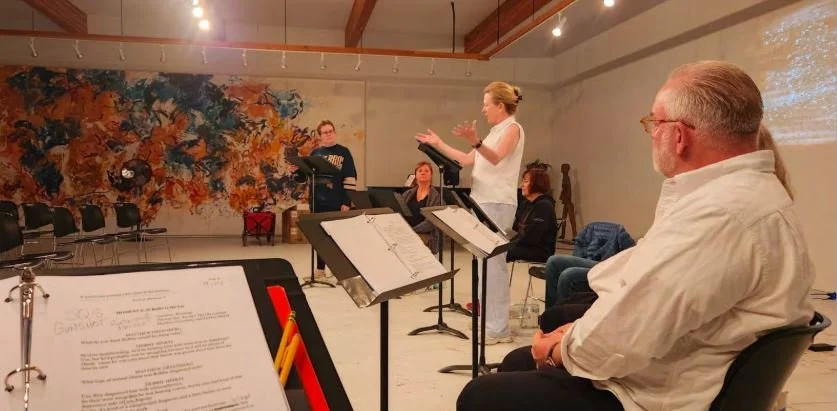
Betabaleros
Chelsea Escalante
Associate Professor of Spanish
Conxita Domènech
Professor of Spanish
Department of Modern & Classical Languages
Did you know that Wyoming had a Spanish language newspage over 100 years ago? This project shares stories of our multicultural past and inspires thinking about labor, language, and belonging.
-
La Página en Español was the first newspaper written in Spanish in Wyoming, yet it has remained virtually unknown for nearly a century. We were introduced to it thanks to Professor Cecilia Aragón, who connected us with Dr. Gonzalo Guzmán, the scholar who first discovered the page. As we began exploring the material, we were immediately struck by its uniqueness. Published in 1927 as part of the Powell Tribune, an English-language newspaper, this full-page Spanish section served as a vital source of news and connection for migrant beet workers, known as Betabeleros, from California, Texas, and New Mexico who had come to Wyoming to work for the Great Western Sugar Company.
The discovery of this page opened up a fascinating window into early twentieth-century Wyoming, a time when Spanish-speaking laborers played a key role in the state’s economy but were often socially segregated. The newspaper reveals a paradox. On one hand, it demonstrates a public effort to reach out to these communities in their own language. On the other, it exposes a resistance to full social integration between Anglo and Mexican or Mexican American residents.
This project grew from a desire to document, analyze, and bring visibility to this overlooked publication and the communities it served. A thorough study of La Página en Español not only enriches our understanding of Wyoming’s multicultural past but also contributes to broader conversations about migration, labor, language, and belonging in American history.
-
Professor Chelsea Escalante is an associate professor whose research centers on sociolinguistics, second- and heritage-language acquisition, phonetics and phonology, pragmatics, and bilingualism. Her work consistently engages with marginalized language varieties and community-based research. She brings to this project a deep commitment to public scholarship that promotes linguistic equity and positions communities not as passive subjects of research, but as co-creators of knowledge. Her variationist approach and extensive experience with heritage speakers and Spanish language use in community contexts are vital to understanding the linguistic landscape of La Página en Español and its broader social implications.
Professor Conxita Domènech specializes in early modern Iberian theater, with a particular focus on the representation of political conflict in Catalan and Castilian texts. Her current project analyzes how the Catalan Secession War was portrayed in dramatic and pamphlet literature. Her expertise in textual analysis, archival research, and multilingual historical contexts contributes significantly to the close reading and interpretation of La Página en Español.
-
From Drs. Escalante and Domènech: This project has been deeply meaningful for our work in the public humanities. It has allowed us to center the voices of a historically marginalized community and to highlight the cultural and linguistic contributions of Mexican and Mexican American beet workers in early twentieth-century Wyoming. By examining La Página en Español, we have been able to bridge archival research with community-centered storytelling, making visible a history that has long been overlooked in both local and academic narratives. The project has fostered collaboration among faculty, students, and community partners, and has strengthened our commitment to engaged scholarship that values bilingualism, migration, and labor as central to understanding the American West.
At the moment, we are in the process of finishing the book, which will present a critical edition of the newspaper alongside historical, linguistic, and cultural analysis. As we prepare the final sections, we are reflecting on the broader impact of the project and exploring ways to share our findings with the communities whose history we are helping to recover. Future steps may include public programming, digital exhibits, or classroom resources to ensure that this important piece of Wyoming’s past reaches beyond the academic audience.
-
From Wyoming Public Media:
The Little-Known History of Wyoming-Mexican Beet Farmers
The History of Wyoming Mexican Beet Laborers will be on Display for the Public
From the University of Wyoming News:
Newspaper Exhibition and Discussion of Early-Day Powell Mexican Beet Laborers Oct. 24 at UW
From the Wyoming Institute for Humanities Research/Democracy Lab:
Wyoming Betabeleros' News by Chelsea Escalante & Conxita Domènech
From the Gorgon Gallery:
From Wyoming Humanities Council:
The Legend of La Ramíe
Jane Crayton
Makerspace Coordinator
University of Wyoming Innovation Network
Academic Technology Services
Here, storytelling meets immersive media as students and community members consider places of memory and forgetting, reflections and remembrances.
-
This project explores how immersive media technologies—360° cameras, ambisonic microphones, and post-production software, can expand storytelling in the humanities. Our goal was to experiment with tools that allow students and community members to experience cultural narratives in Fulldome and XR formats.
Post-production began in Adobe Premiere with formatting for the Fulldome. As the project developed, we chose to focus our first production on the theme of disappearance, connecting the recent loss of Professor Nash Quinn in 2024 with the much older legend of La Ramíe, the namesake of Laramie who vanished from the historical record.
By weaving these stories together through immersive visual storytelling, the project highlights the ways communities process absence, memory, and place. This connection not only adds urgency and contemporary resonance but also demonstrates how digital humanities tools can create space for reflection, remembrance, and cultural dialogue.
The first draft of the film is currently in post-production using Adobe Premiere for Fulldome formatting, with a planned debut at a Cowboy Sandbox event in Fall 2025. Ultimately, the project aims to show how immersive technology can reimagine storytelling around difficult histories while making advanced media tools openly accessible across campus.
-
Jane Crayton (Project Lead) is an immersive media producer, director of UWIN Makerspaces, and researcher in digital storytelling for Fulldome. 360° video capture, script writer and actor.
Max Gilbraith coordinates the Vaughan Planetarium, specializing in 360° video capture and Fulldome presentation.
Zane Scott led 360° video capture, served as post-production specialist supporting video editing and technical formatting for immersive environments.
Derek Osterlund is a learning designer and immersive developer contributing to Adobe After Effects special effects, lighting, and XR integration.
-
From Jane Crayton: This project has been an important step in advancing public humanities through immersive media. It has allowed us to explore new workflows for 360° capture and Fulldome editing, creating pathways for students and faculty to tell stories in formats rarely accessible in Wyoming.
The work has also deepened collaborations across campus, linking the makerspaces, Vaughan Planetarium, and humanities scholars around the shared goal of reimagining storytelling. While still in progress, the project has already strengthened our ability to support interdisciplinary research and positioned UW as a leader in immersive humanities. Next steps include finalizing the first draft of the film for a community screening at Cowboy Sandbox and preparing it for submission to Dome Fest West.
With the funds, we purchased three 360° cameras and ambisonic microphones, enabling us to film scenes from multiple perspectives for the first time. Shooting with simultaneous rigs allowed us to experiment with editing across multiple vantage points, a challenging but exciting process for 360° storytelling. We also made the cameras and microphones available for students, faculty, and staff to check out for up to one week, giving them hands-on access to the same tools used in our research. Users can then edit their projects in the makerspaces with our specialized immersive media software, making these advanced technologies broadly accessible on campus.
-
